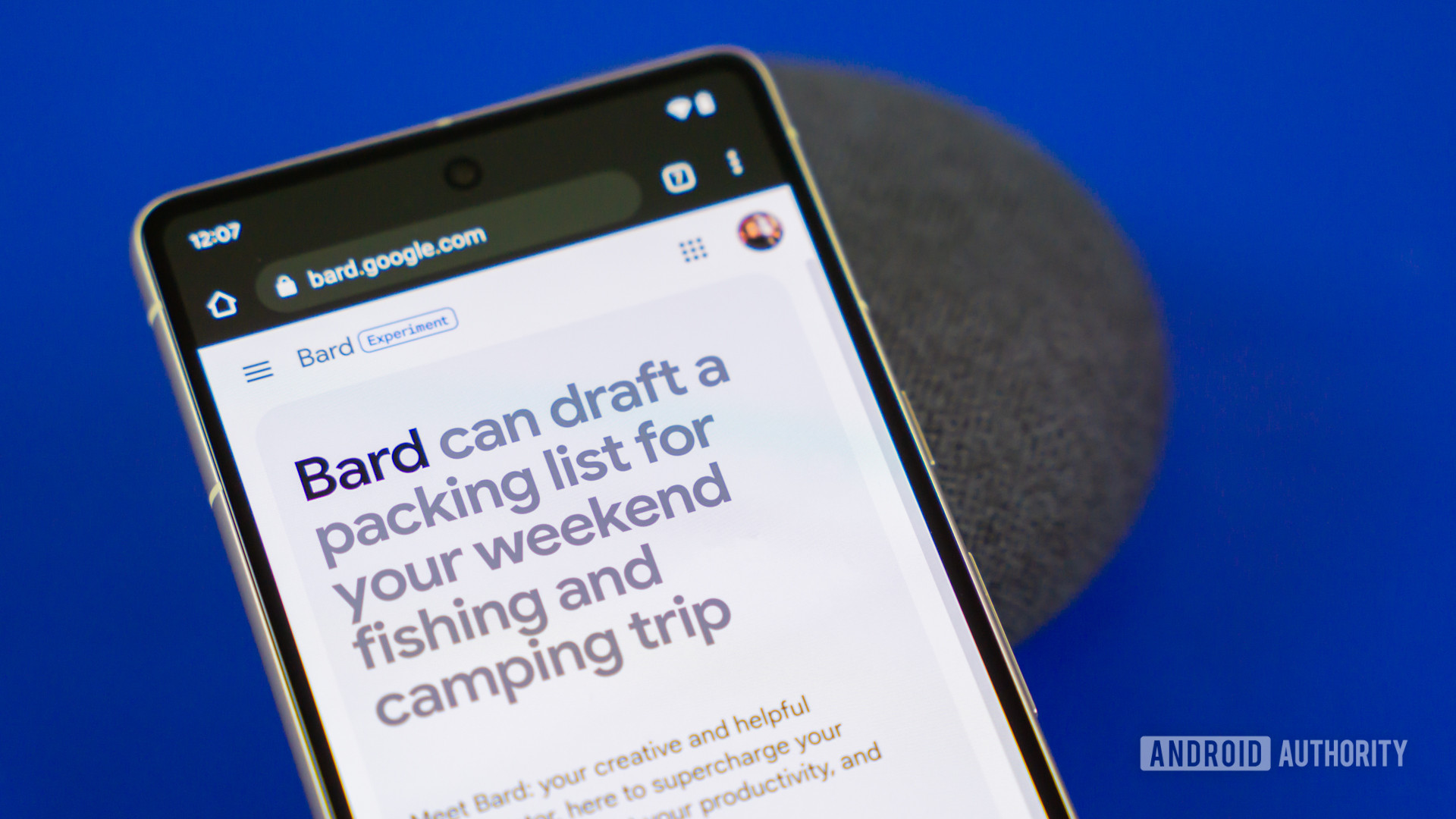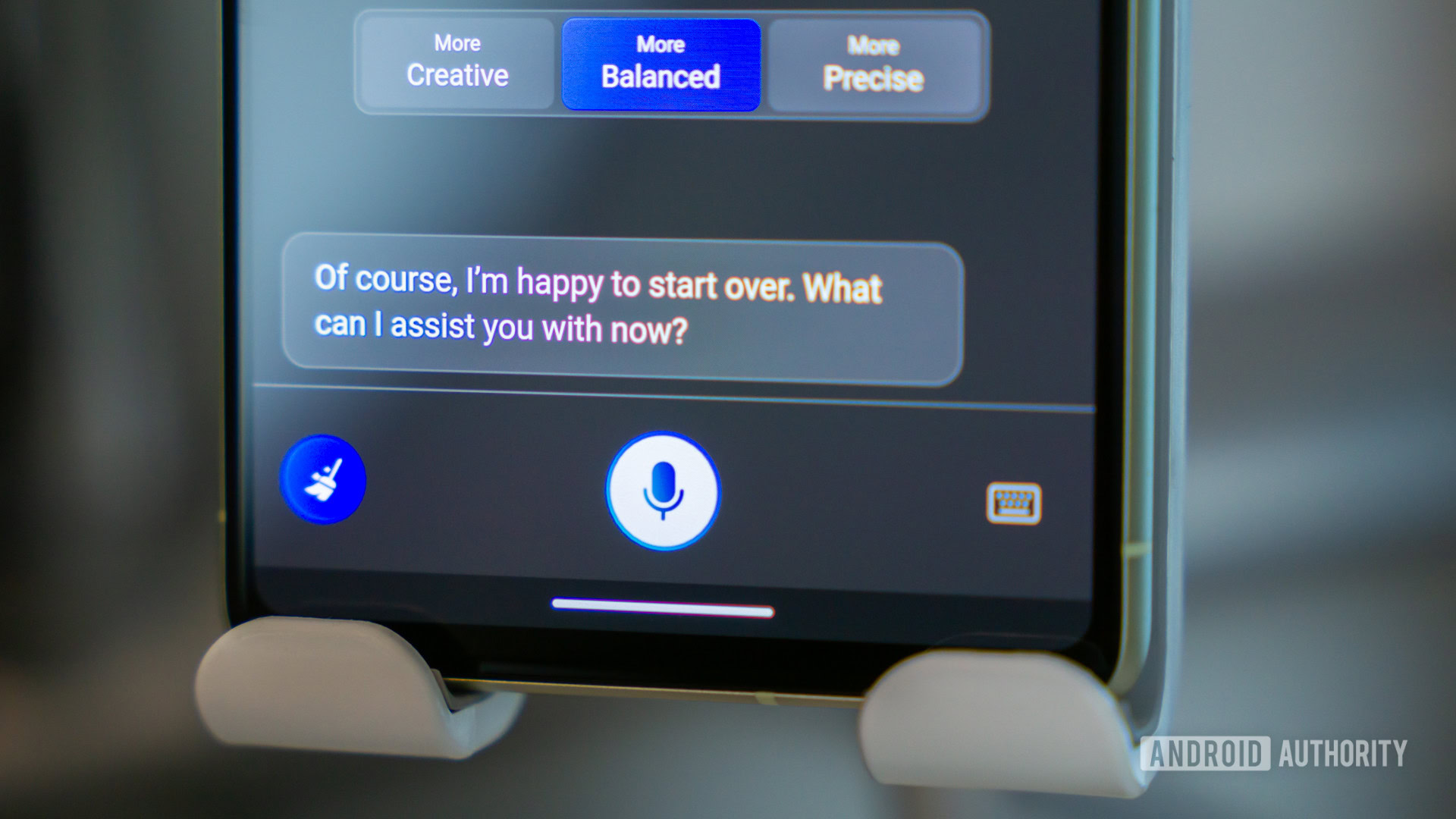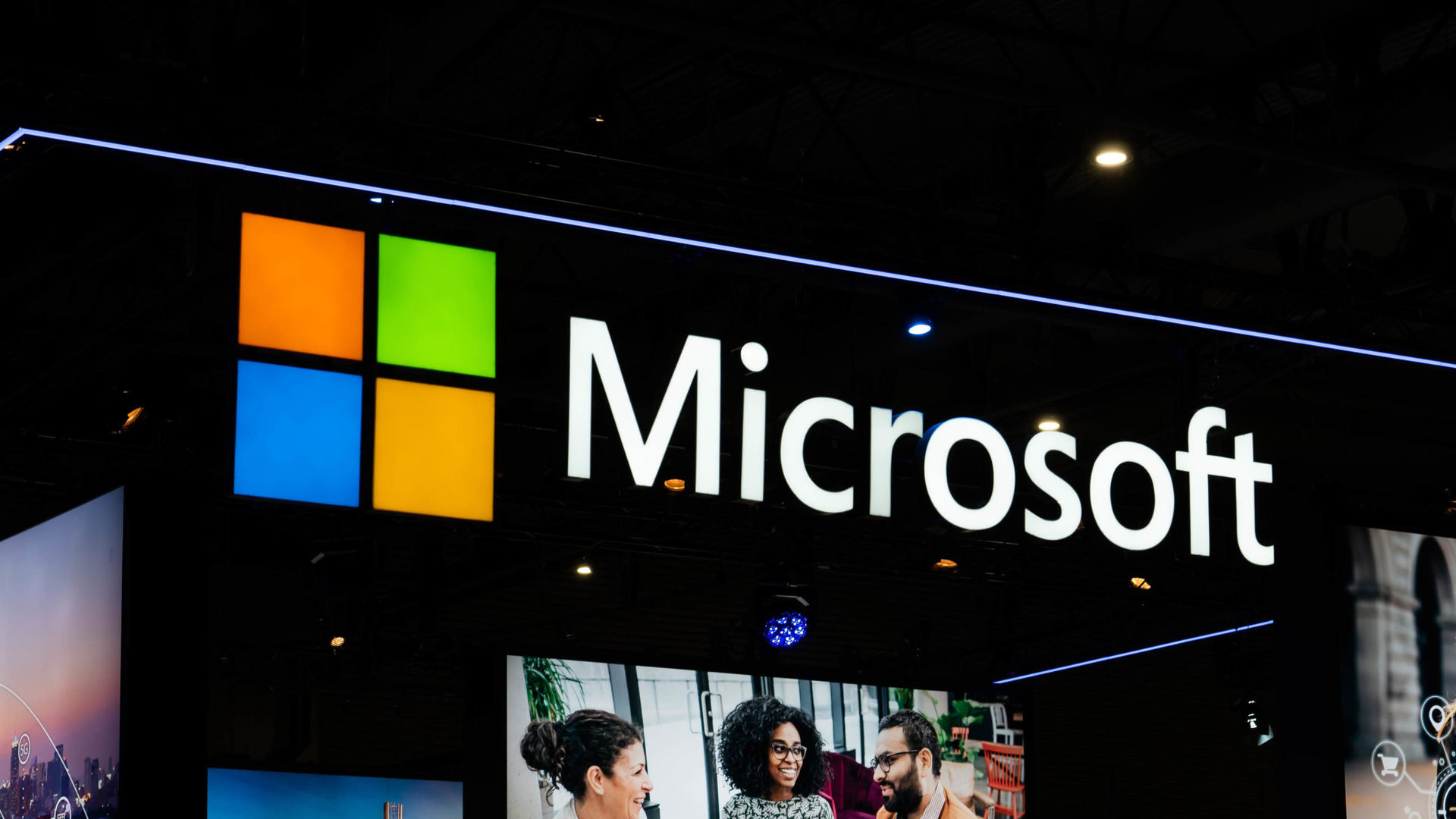In the AI era, Microsoft is the new Google, and vice-versa
Edgar Cervantes / Android Authority
There’s no argument about it, Microsoft used to be the uncool brand in the tech space. Think Internet Explorer, Bing, and Windows. Google, on the other hand, might not have been the coolest for many of us, but it certainly had some cool factors.
Products and services like Google Search, Android, and Chrome all helped Google stand out from a comparatively stuffy Microsoft. But it certainly seems like the tables have turned in 2023.
A big Microsoft AI leapfrog

Edgar Cervantes / Android Authority
Nowhere is this shift more apparent than in the great generative AI battle of 2023. Microsoft has managed to move faster than Google in this space, seemingly outfoxing the search giant at almost every step.
Bing Chat is the biggest example of this, as the AI assistant launched on Bing as part of a beta program. Google ostensibly tried to pre-empt Microsoft’s announcement the previous day by demonstrating its rival Bard assistant. Nope, we didn’t see a release of any kind here. But even this short demonstration yielded an error, resulting in some embarrassment for Google and tanking stock prices.
Microsoft’s AI efforts suggest that we’re looking at a company that has more in common with the Google of yore.
Things are moving fast in this space in 2023, and Microsoft wasted little time in bringing Bing Image Creator to the table earlier this month, offering image generation based on natural language text prompts. Meanwhile, Google responded with a beta program for its Bard assistant, roughly six weeks after the Bing Chat release.
That’s not to say every Microsoft AI endeavor is a hit, as the Image Creator in particular is based on DALL-E and struggling a bit behind rival efforts such as MidJourney. But the company is showing that it’s not afraid to move fast and break things in a new space, even announcing the business-oriented Office 365 Copilot and Security Copilot AI-driven tools.
Microsoft must be doing something right, though. I’ve got the Bing app installed on my phone now, which I never would’ve expected a few years ago. It’s not that I’m not open to alternative search engines (hello, Ecosia), it’s just that Bing always felt like Google Lite with pretty wallpapers. I would’ve tried Bard too, but Google’s annoying tendency to restrict launches to a short list of countries reared its head again.
Microsoft recognizes an opportunity

Edgar Cervantes / Android Authority
A big reason why Microsoft is likely able to take this approach is that it’s effectively an underdog here with little to lose. Bing is in a very distant second place, the Cortana assistant died a slow death, and the company’s mobile devices have been unpolished messes as usual. The company hopped on the bandwagon too late in all three instances. So it feels like Microsoft is throwing all its weight behind its burgeoning generative AI products because it realizes there’s an opportunity to steal a march on Google. It could only fall further behind by not reacting to this new trend, whereas rushing a product out of the door wouldn’t make things materially worse.
Microsoft has very little to lose by pushing ahead with its generative AI services, but the same can’t be said for Google.
Meanwhile, Google’s top-dog status across search, virtual assistants, and other tech segments means that it has a lot more to lose with this generative AI push. Wait for a more polished overall AI and ML suite and it might allow others to secure a foothold in the space, potentially threatening Google’s search (read: ads) bread and butter in particular. Rush ahead with a response and, well, you seemingly get that poor initial Bard demo.
Either way, Google seems a few steps behind Microsoft at this point, almost responding to the Windows colossus instead of forging its own path.
The roles are reversed

Kris Carlon / Android Authority
It really feels like Microsoft is taking a page out of the 2000s Google playbook here. Back then, Google was as cool as a company could be, with new and innovative products and platforms like Gmail, Android, the Chrome browser, and more.
Do you think Microsoft is the new Google in terms of cool factor?
194 votes
Inversely, Microsoft was seen by many as the stuffy mega-corporation coasting on its Windows, Internet Explorer, and Office monopoly. The Xbox brand was hot back then (literally too, in the case of my first two Xbox 360s), but that was the exception rather than the rule. It’s telling that the Redmond company endured major antitrust scrutiny during this time regarding Windows and Internet Explorer.
Fast-forward to 2023 and Microsoft is somehow delivering exciting new products that people are talking about, while Google is lagging behind and facing antitrust cases. It’s not all bad for Google though, as the Pixel phones are finally gaining commercial and critical traction after years of stagnating sales. But then again, even monopoly-era Microsoft had the Xbox brand.
For all the latest Technology News Click Here
For the latest news and updates, follow us on Google News.

